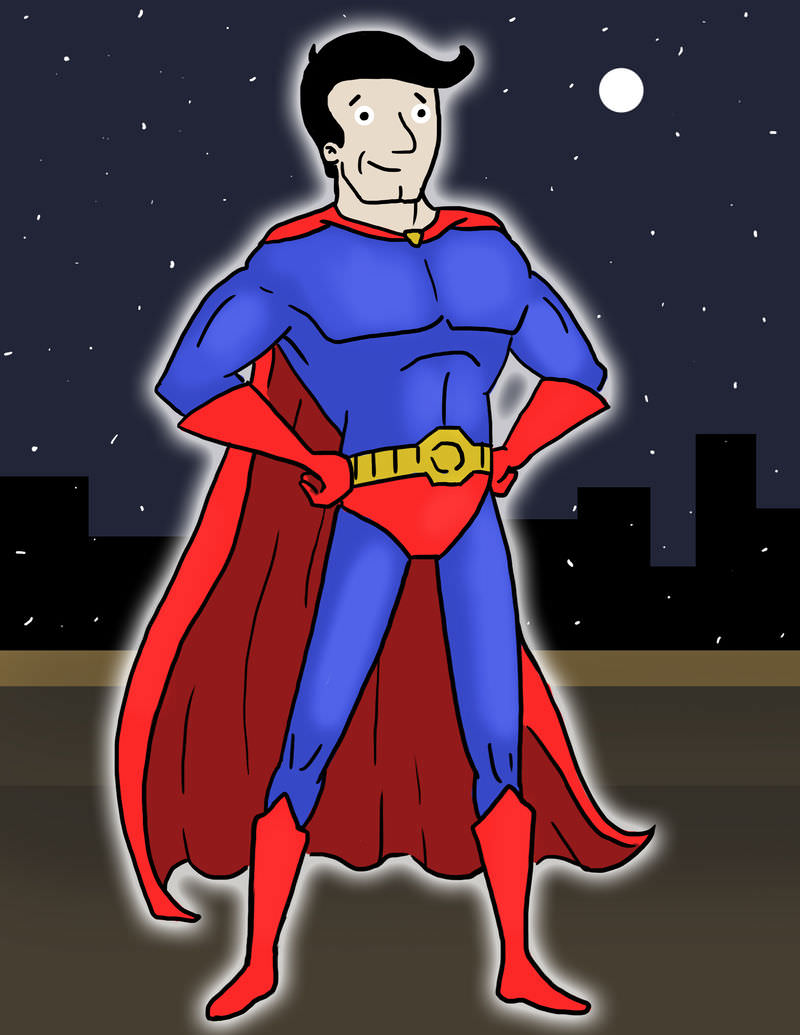READ: Mutations
READ: Mutations
Would a mutation make you a superhero?
In the comic books, a mutation can give a person superpowers. Do you think this really happens? In real life, a mutation can be beneficial, or it can harm an organism. For example, beneficial mutations lead to evolution, and harmful mutations can lead to diseases like cancer. A mutation, however, is not going to turn you into a superhero!
Mutations
The process of DNA replication before a cell divides is not always 100% accurate. Sometimes the wrong code is inserted in the new strand of DNA. This wrong code could become permanent. A permanent change in the sequence of DNA is known as a mutation. Once DNA has a mutation, that mutation will be copied each time the DNA replicates. After cell division, each resulting cell will carry the mutation and the resulting trait.
Are Mutations Good or Bad?
A mutation in the DNA may have no effect. However, sometimes a mutation can cause a protein to be made incorrectly. A defect in the protein can affect how well the protein works, or whether it works at all.
Sometimes the resulting trait does not help or harm the organism, it is neutral. For example, heterochromia is a mutation that causes two different colored eyes. Having two different colored eyes does not help or harm the organism’s chance of survival so it would be considered a neutral mutation.
Usually the loss of a protein function is detrimental to the organism and makes it harder to survive. This rare albino alligator has the mutation for albinism. Albinism is a mutation in a gene for melanin, a protein found in skin and eyes. Such a mutation may result in no melanin production at all or a significant decline in the amount of melanin. The resulting color will make it harder for the alligator to camouflage with its surroundings. This mutation has a negative impact on the alligator's chance for survival.
This rabbit also has the mutation for albinism. If this population of rabbits lives in a dark forest this mutation would be harmful. However, would this mutation be harmful if the population of rabbits lived in the snowy arctic? In rare circumstances a mutation can help an organism survive in their environment. For example, humans have the ability to see more colors than other animals. This ability is the result of a mutation that occurred a long time ago. Organisms that have those beneficial mutations are more likely to survive and pass the mutation to future generations.
Causes of Mutations
Some mutations are not caused by errors in DNA replication. Mutations can happen spontaneously, and they can be caused by mutagens in the environment. Some chemicals, such as those found in tobacco smoke, can be mutagens. Sometimes mutagens can also cause cancer. Tobacco smoke, for example, is often linked to lung cancer.
Summary
- A mutation is a permanent change in the sequence of bases in DNA.
- Mutations can have different effects on an organism. Some mutations have no effect, some are neutral, and some may hurt or help an organism.
- Mutations can occur due to errors during DNA replication or by mutagens in the environment.



